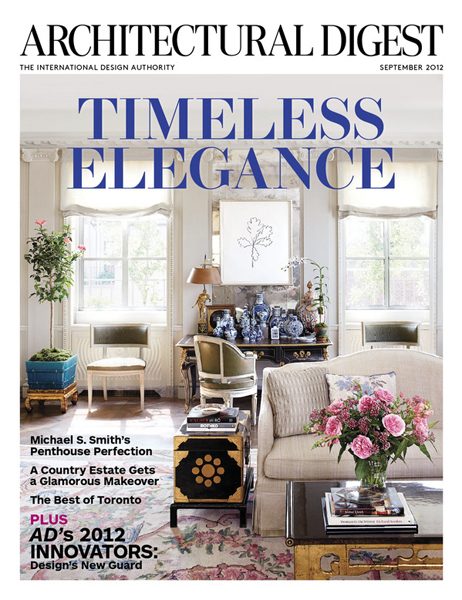
With 12 columns completed over the last year I thought it would be a good time to take the name of my column “Architecture, Past, Present & Future” to heart to see what the past year has wrought, and look to the future to see where we might be a year from now.
The high points are as follows.
I have stayed true to my promise not to write about a building I have not personally visited. This could not have come into clearer resolution than in my recent review of the new Parrish Art Museum in Water Mill. Other notable reviews include accolades for 1111 Lincoln Road in Miami Beach, the IAC Headquarters and the High Line in Manhattan, and the Eames House in Pacific Palisades, California.
Disappointments include the new Frick Portico Gallery and 100 Eleventh Avenue, both in Manhattan, as well as The MAXXI Museum in Rome.
My espousing of all things horizontal in architecture continues to prove true, as recent first-time visitors to my home in Bridgehampton all remarked how calming and serene it felt, echoing sentiments of guests for almost 25 years.
The summer traffic not withstanding, Sag Harbor continues to amaze as a living breathing village. I recently viewed it from a new (for me) perspective on a bluff on Forest Road in North Haven. I was astounded to see the Old Whalers’ Church perched as it is on the hill of Union Street.
How marvelous it must have been to arrive in port from many months at sea and have its great spire a welcoming beacon. Even today it remains the crown jewel of Sag Harbor architecture.
Houses continue to disappear throughout the East End as tear-downs now represent the only prime land left. Villages, particularly Southampton and Sagaponack, are struggling with the issues of lot coverage, setbacks, pyramid rules and neighborhood preservation. Again, Sag Harbor is an excellent model to follow for those seeking guidance.
Modernism is at long last taking hold in the residential realm. I often say that “The Hamptons are finally joining the 20th century,” as many new modernist homes are visible far and wide. Shelter Island in particular has become a haven for new ideas and groundbreaking designs.
A number of East End architectural practitioners are advancing this cause with great confidence and aplomb. A future column covering this territory and the unique talents involved is on my radar.
The world of spec building seems to be lagging on the modernist front, but conformity is largely the name of that game and it may be quite a while before spec builders make the leap to modernism. There is also the need for serious scholarship in modern design in order to pull it off. It’s not as easy as it looks.
A visit to the famed Barcelona Pavilion, designed in 1928 by Mies van der Rohe, would be a good starting point for anyone seriously considering it. Its design tenets put to shame the ubiquitous “modernist masterpieces” listed for sale in the many real estate magazines out here. There is only a handful of true modernist masterpieces on the East End, and a flat roof and large expanse of plate glass do not a masterpiece make!
The year ahead promises to be exceedingly fruitful, beginning with the new Parrish Art Museum in Water Mill, which will open in November. As previously noted in this column, it will forever alter the cultural landscape of the East End.
The opening of the much anticipated Topping Rose House in Bridgehampton appears to be imminent. The townhouses and accessory buildings will all come later, but judging from the vans, trucks, and landscapers on site this week, the restored inn, for all practical purposes, is ready for prime time.
The renovation of Sag Harbor’s John Jermain Memorial Library is well under way, with its dome under repair and its new modernist backdrop on order. An October 10th opening next year, coinciding with the 103rd anniversary of the library’s construction, is planned.
Lastly, the massive project which is the Bulova Watchcase Factory in Sag Harbor continues methodically toward a 2013 completion date. Once completed it will have the greatest economic impact on Sag Harbor since the collapse of the whaling industry in the 1850s.
All said, it’s been an interesting year. With some good fortune and a few trips abroad I look forward to another year of sharing my architectural experiences and thoughts with you.